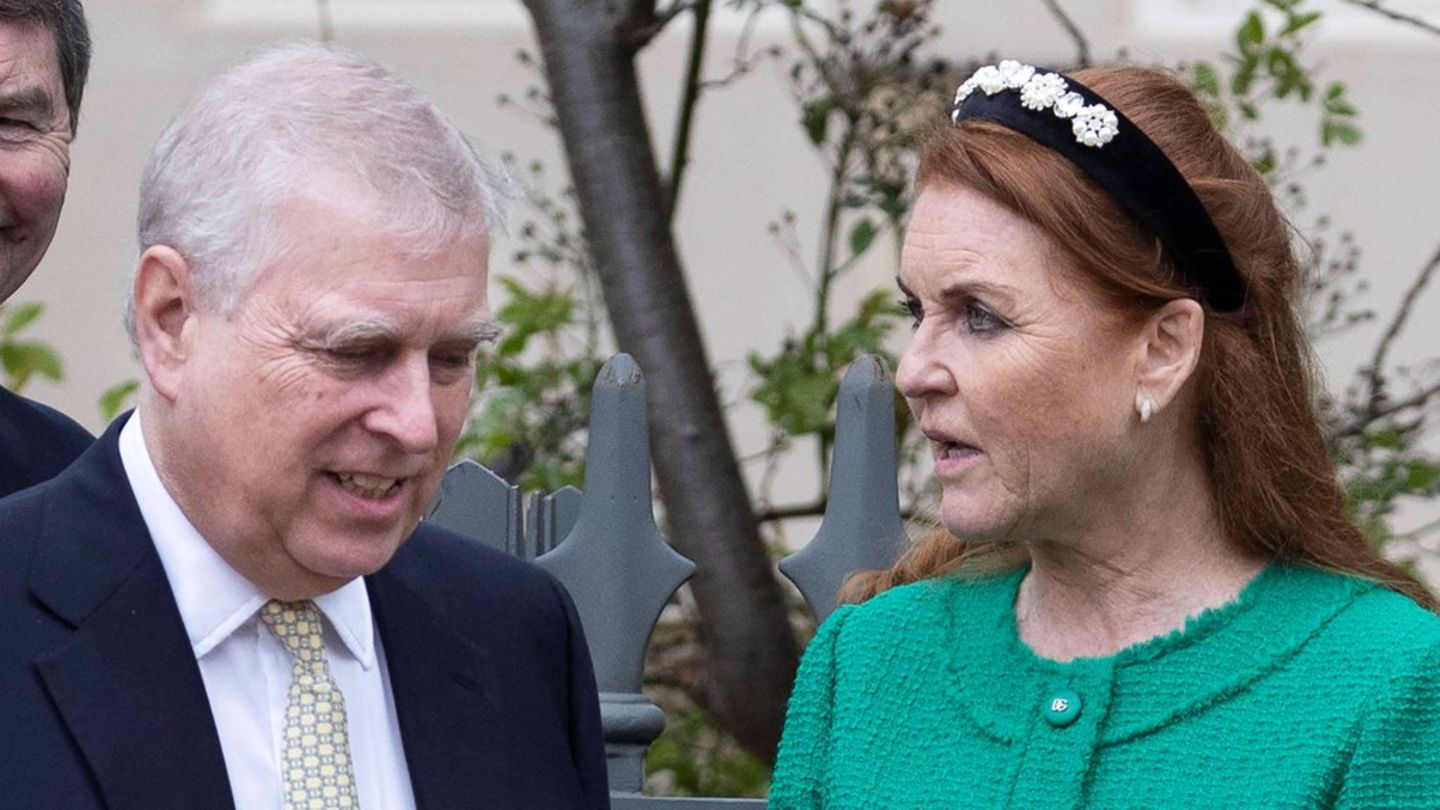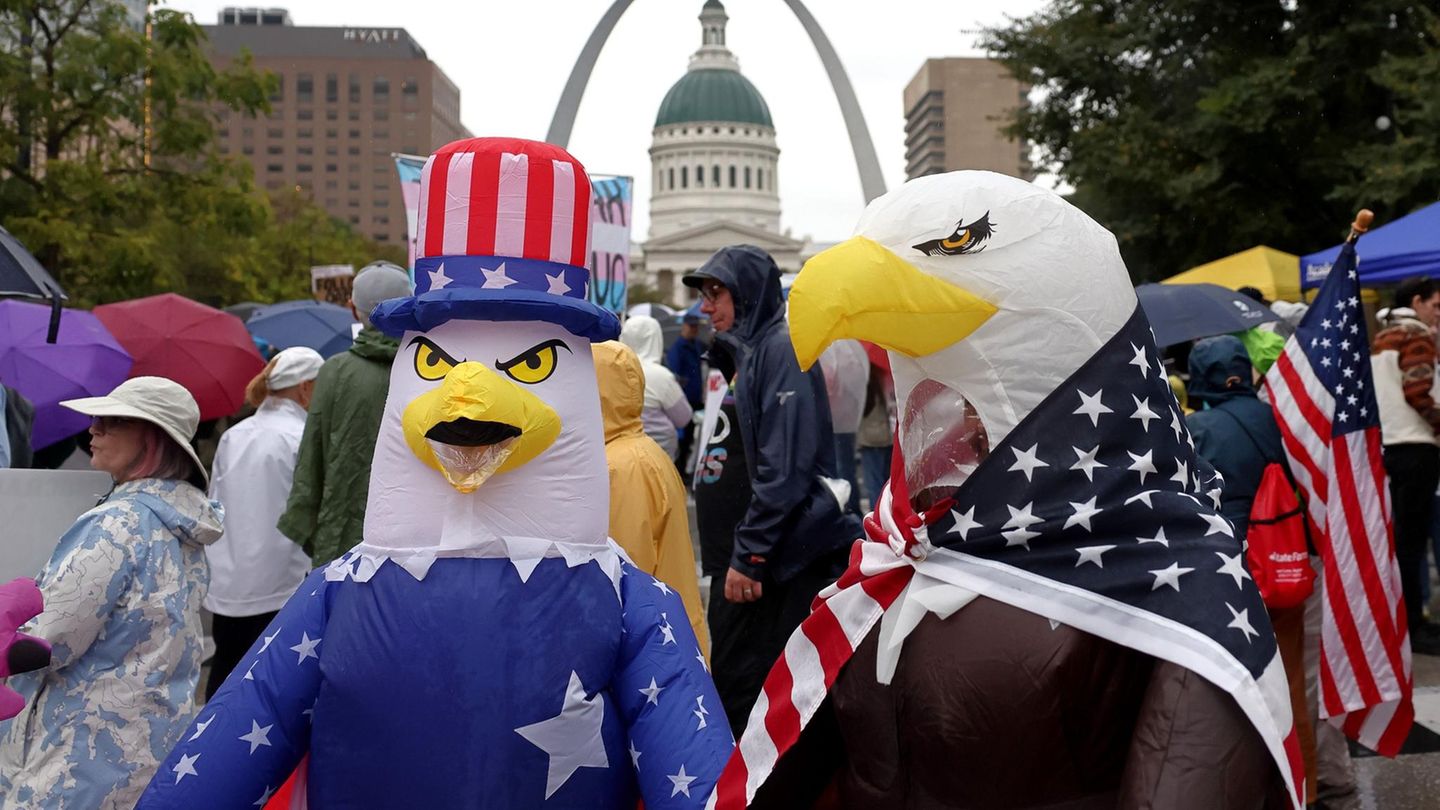Even if there are still many questions unanswered: the FDP chairman does not see the traffic lights wobbling in view of the difficult budget compromises. The K question is simmering in the CDU.
After the compromise in the budget crisis, FDP leader Christian Lindner sees no reason to doubt the traffic light’s support for Chancellor Olaf Scholz (SPD) – despite his party’s member survey on remaining in the government. “The 2024 budget is in place and the Chancellor must have no doubt about the majority for his government in parliament,” said the Federal Finance Minister to the Germany editorial network.
A chancellor only has to ask a question of trust, as requested by Union parliamentary group leader Friedrich Merz, if he is no longer sure of his majority. Merz’s demand is part of “the usual oppositional floor exercises.”
Meanwhile, the discussion about the K question continues to simmer in the Union. It would be immediately relevant if the coalition collapsed. The next federal election will normally take place in autumn 2025.
FDP boss: Member survey on traffic lights is not stressful
Lindner said the FDP membership vote did not stress him out. “Because it is an opportunity to make it clear that the FDP is helping to shape the direction of the government.” The other options – Lindner spoke of the Union joining an SPD-led grand coalition or the SPD and the Greens continuing as a minority government – were “certainly not the better alternatives for our country”.
FDP vice-president Wolfgang Kubicki called on party members to vote against ending the traffic lights in the survey. “I expect that there will be no majority for leaving the government,” he told the “Stuttgarter Zeitung” and the “Stuttgarter Nachrichten”. “Because it should be clear to everyone that we can hardly go into an upcoming election campaign with the slogan: We failed, vote for us anyway.”
FDP parliamentary group leader Christian Dürr also appeared confident in the Funke media group’s newspapers. The FDP, together with the SPD and the Greens, “made progress on many things that would have failed because of the Union in a Jamaica constellation.”
The online survey of FDP members will start soon, a spokesman said. The result could fuel discussions, but has no immediate consequences: according to the statutes, the party organs are not forced to implement it.
Kretschmer: Merz is the logical candidate for chancellor
In the Union discussion, Saxon Prime Minister and CDU Vice President Kretschmer told “Bild am Sonntag” that Merz had been doing an excellent job as party leader for two years, he has united the CDU again and is therefore the logical candidate for chancellor. He added: “I have known him for a long time and trust him to fill the office of Chancellor much more successfully than Olaf Scholz currently does.”
CSU regional group leader Alexander Dobrindt told the “Rheinische Post” when asked whether the CDU and CSU would clarify the personnel hand in hand next year: “We are ready to take responsibility together as the federal government. There will be a candidate for chancellor, and Friedrich Merz is the clear favorite.”
CSU boss Markus Söder, who many do not believe that he no longer has any ambition to run for office, recently granted Merz the role of favorite only in the event of an early election. Otherwise, he told the magazine “Stern”: “The core question in the candidacy for chancellor is: Who can concentrate the votes of the Union most strongly? Then the CDU has to decide.”
Günther: Involve committees when it comes to K questions
Schleswig-Holstein Prime Minister Daniel Günther (CDU) told “Spiegel” that the CDU and CSU, with more than 30 percent in the surveys, were as strong as the SPD, Greens and FDP combined. “But of course we in the Union all agree that significantly more than 30 percent can still be possible with this disastrous traffic light government.” Günther once again warned that “all relevant people” from the CDU and CSU must be included in the decision on the candidacy for chancellor – “there are also elected party committees”.
Before the 2021 federal election, the then CDU leader Armin Laschet prevailed against Söder in a tough fight for the candidacy. North Rhine-Westphalia’s Prime Minister Hendrik Wüst has not yet expressed any open ambitions to run for office, but he has not denied them either. Merz and Söder had discussed that the K question should be clarified in late summer 2024. A few months ago, Söder advocated waiting for the state elections in Saxony, Thuringia and Brandenburg in September.
Source: Stern
I have been working in the news industry for over 6 years, first as a reporter and now as an editor. I have covered politics extensively, and my work has appeared in major newspapers and online news outlets around the world. In addition to my writing, I also contribute regularly to 24 Hours World.




